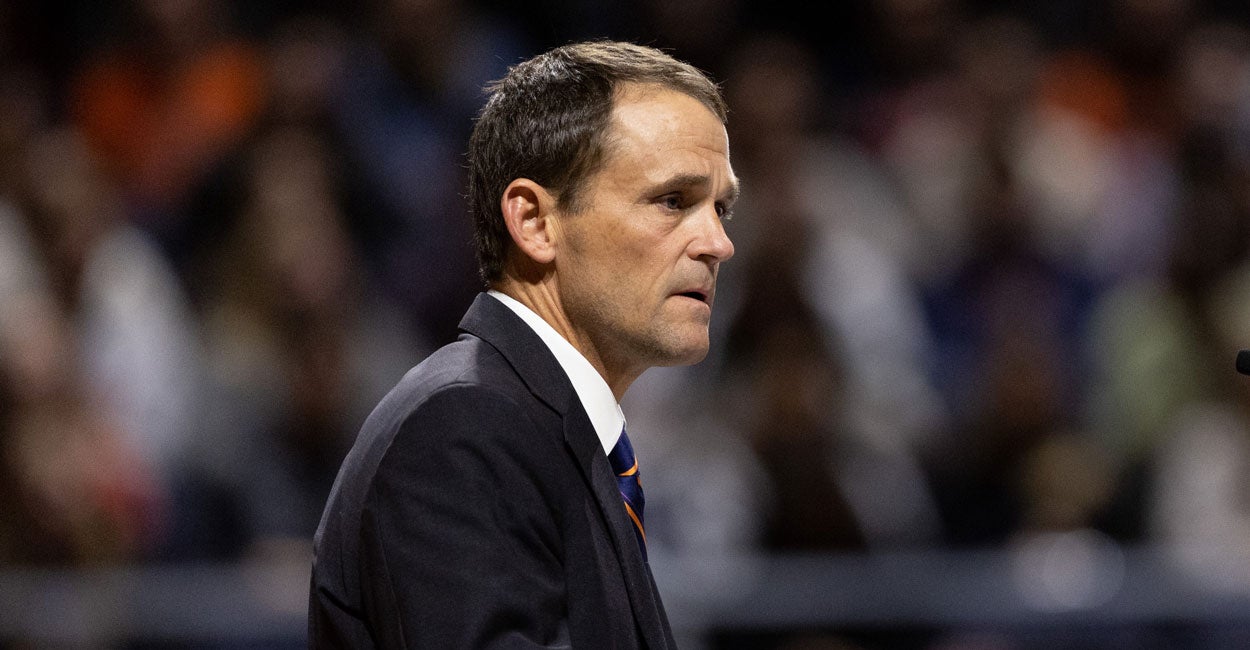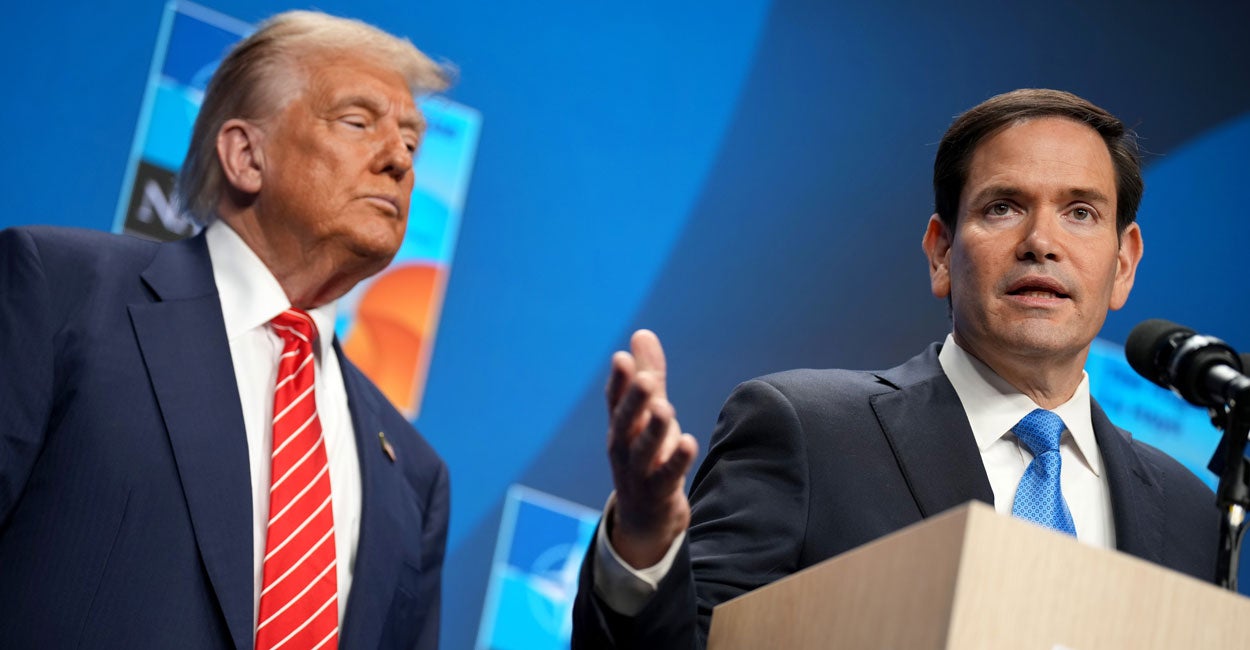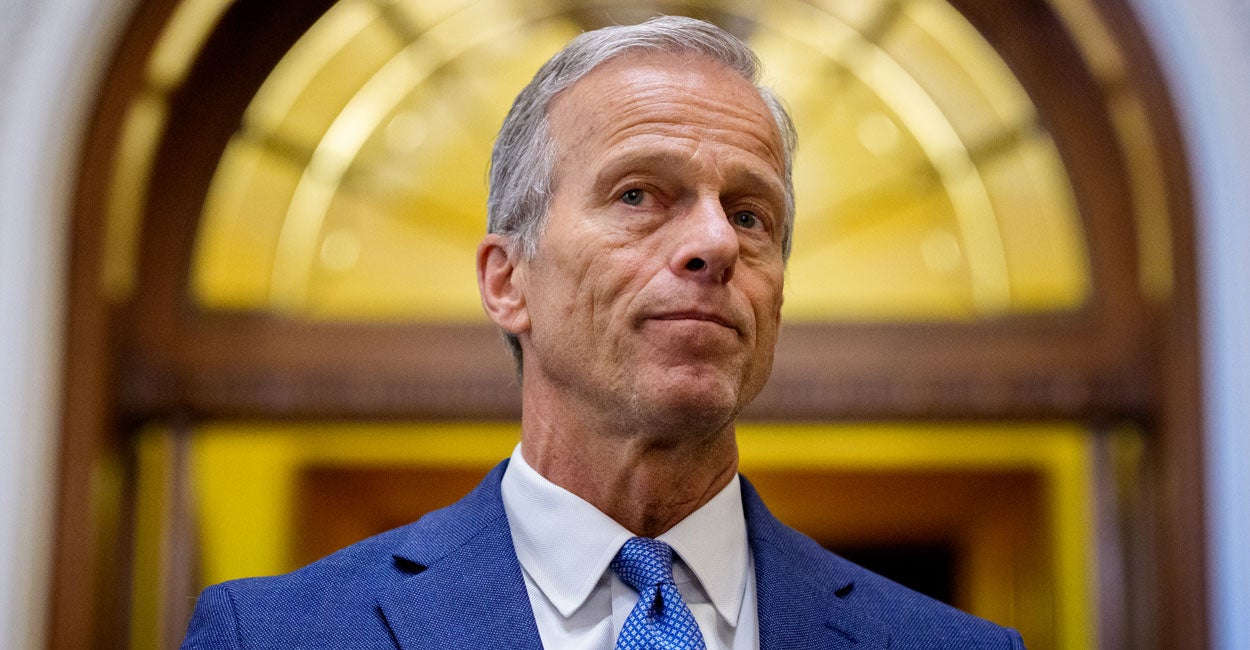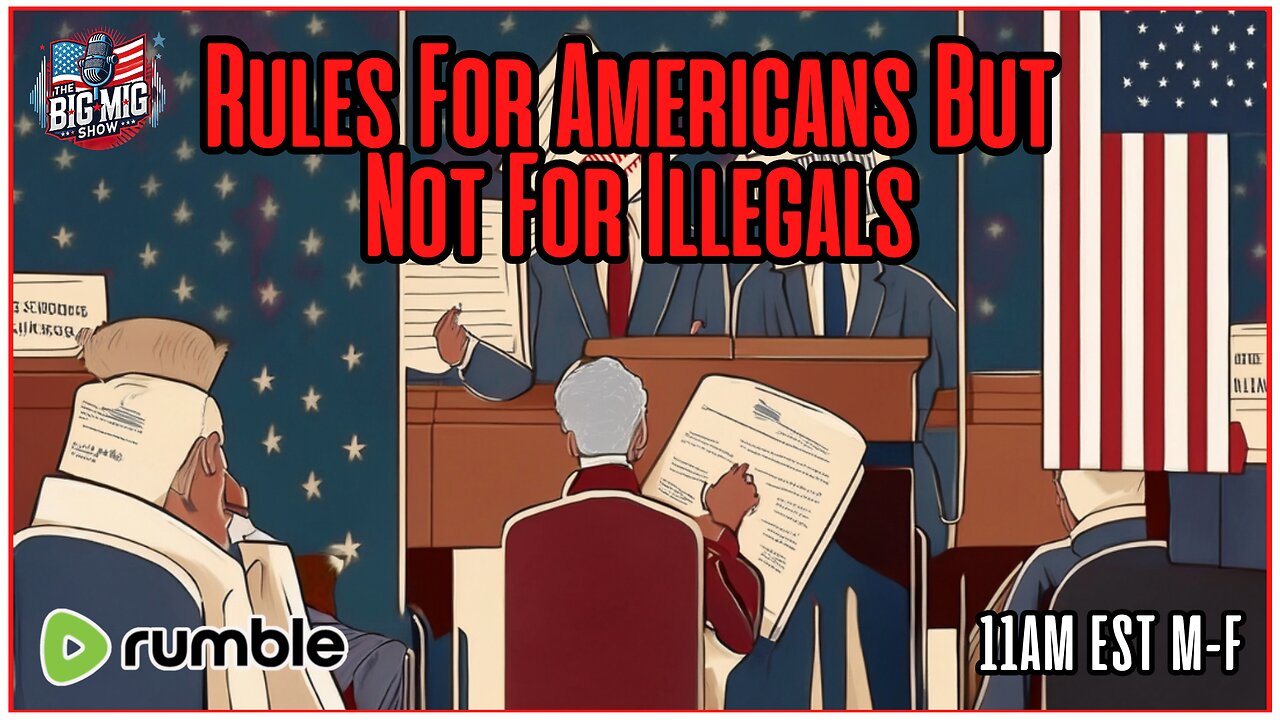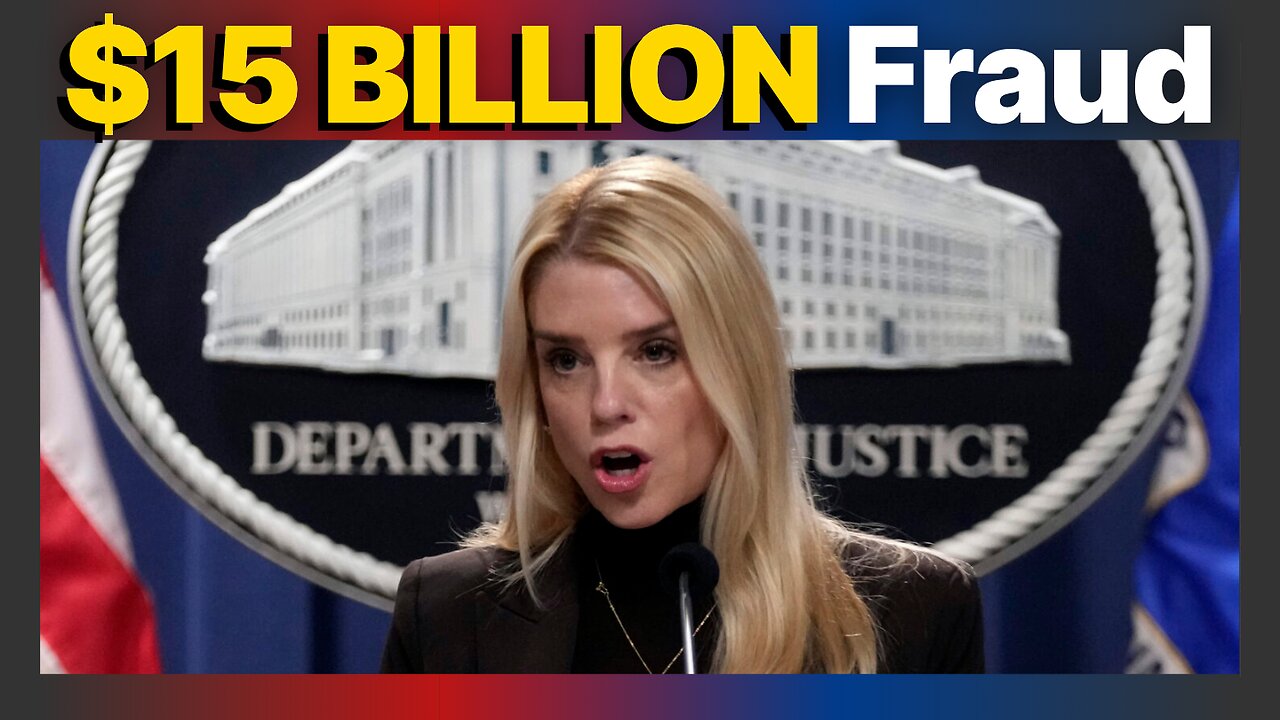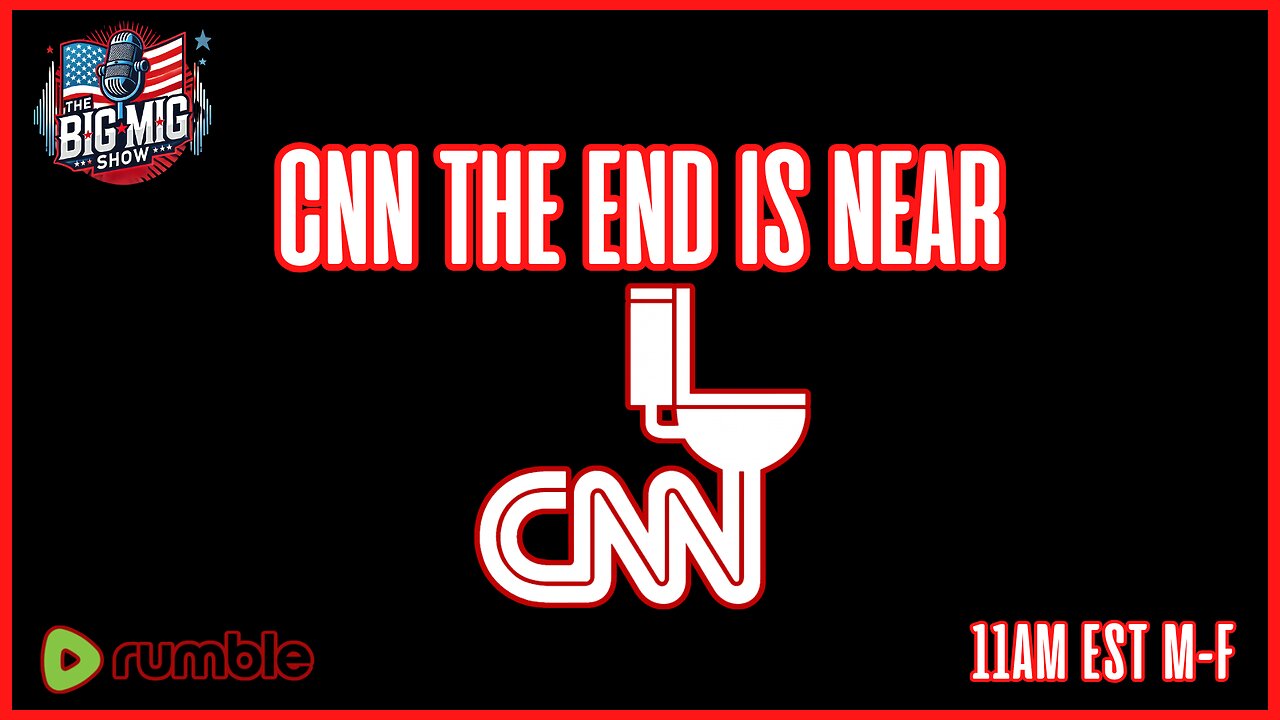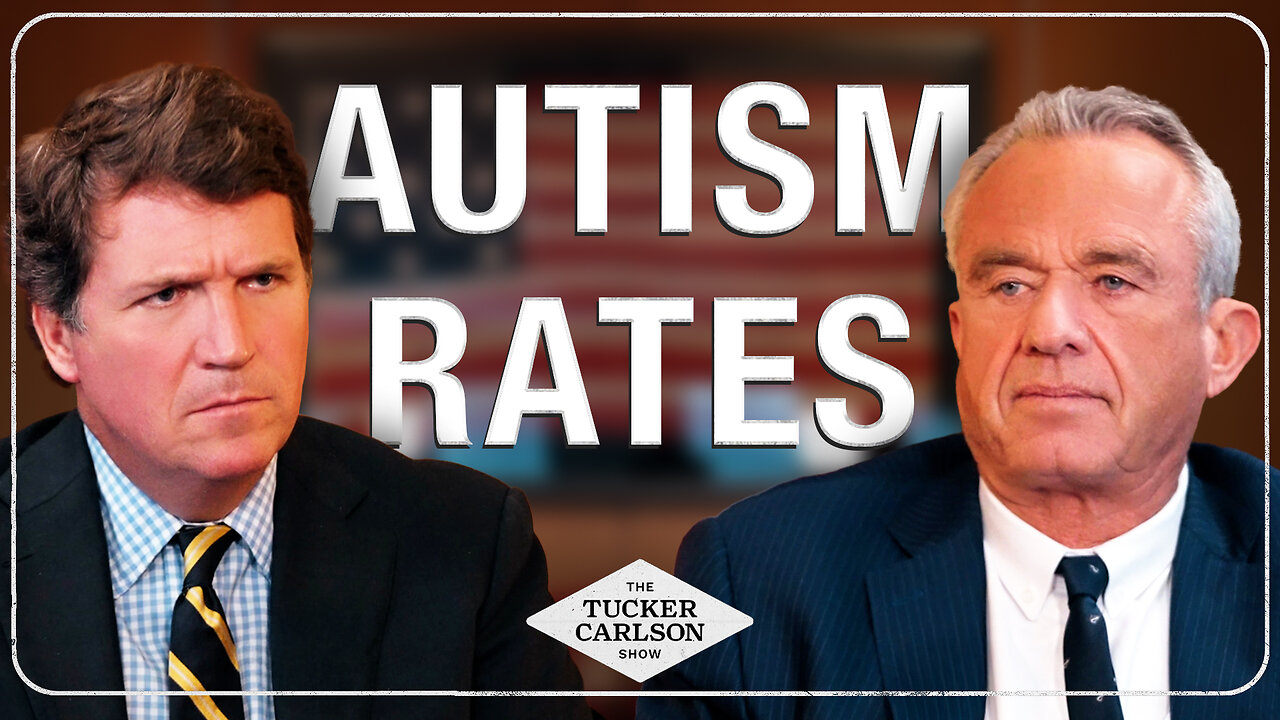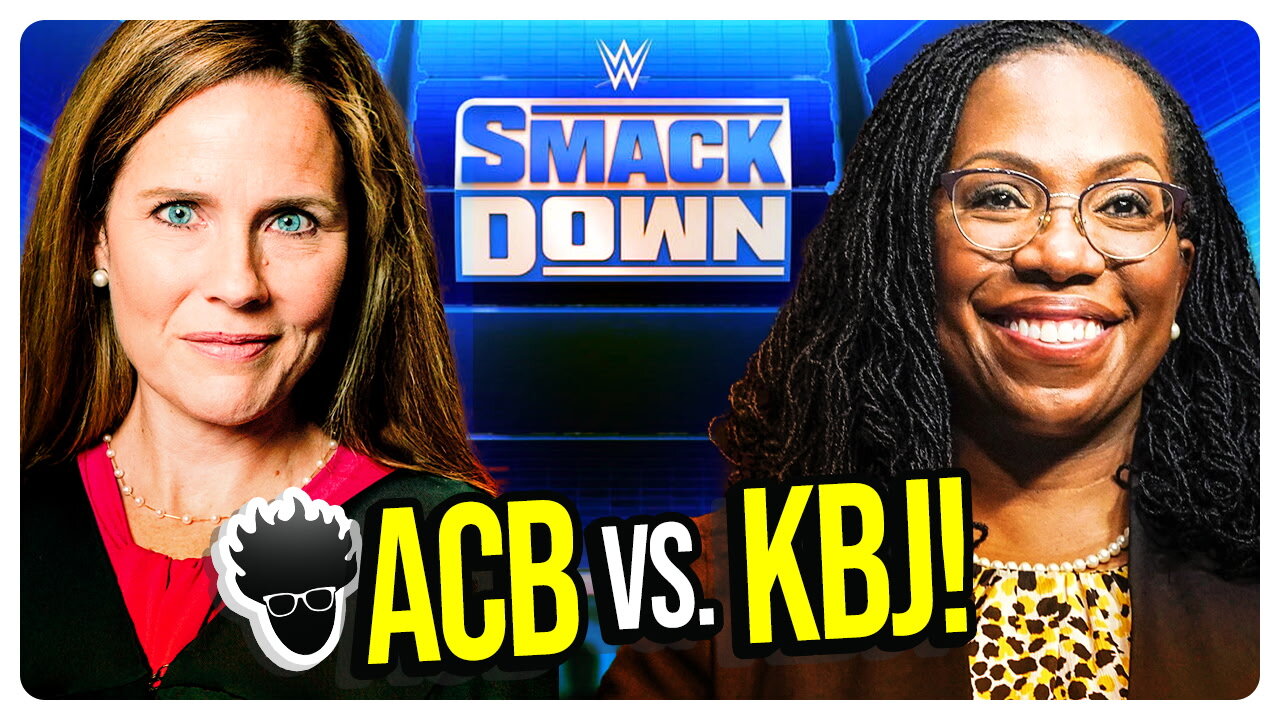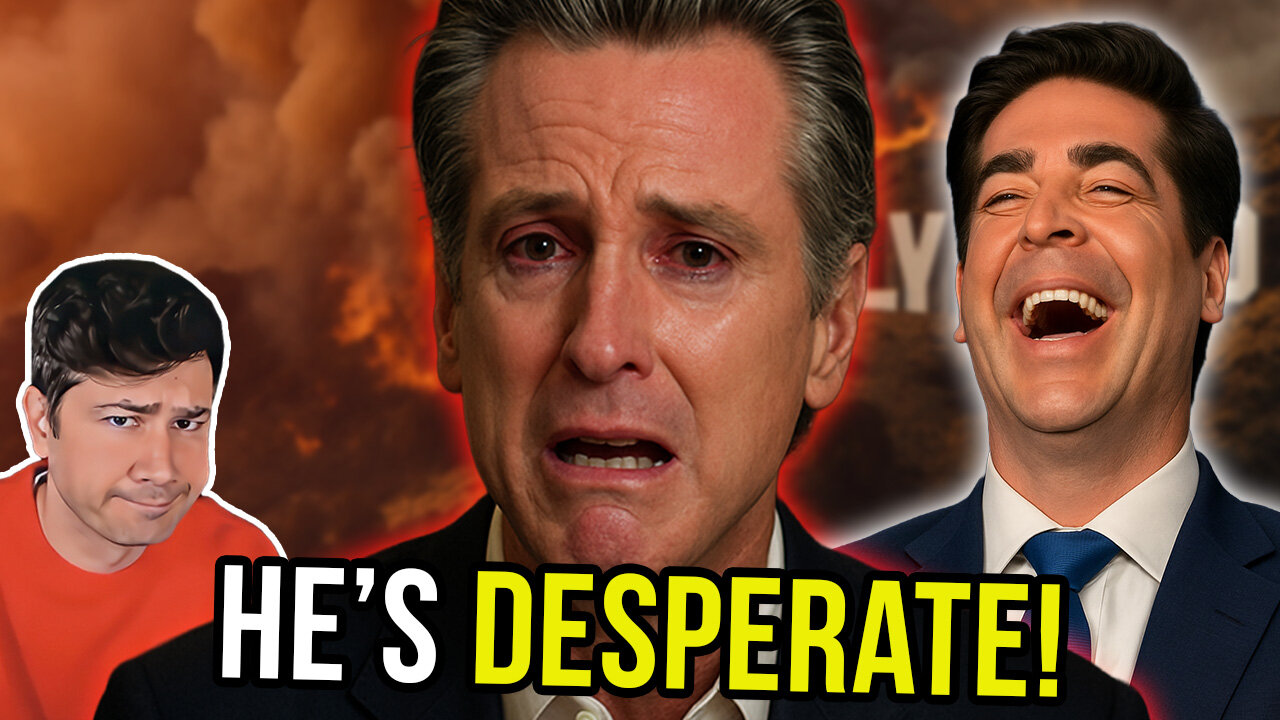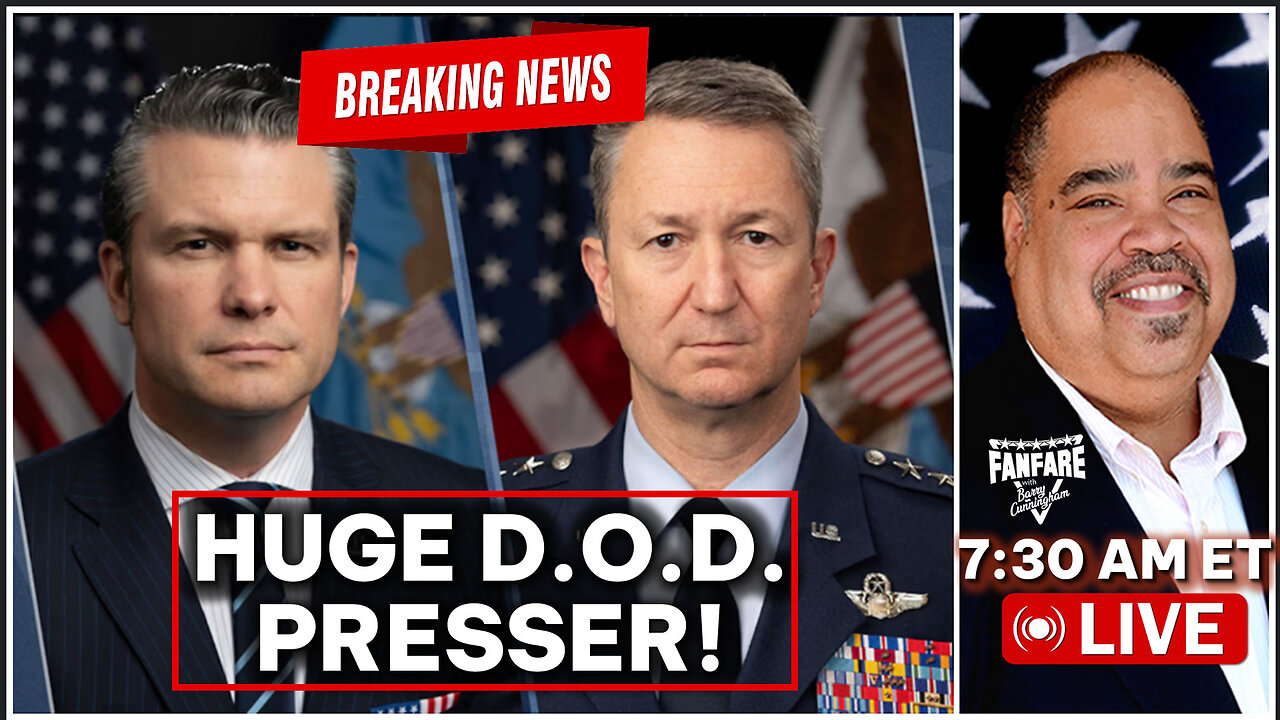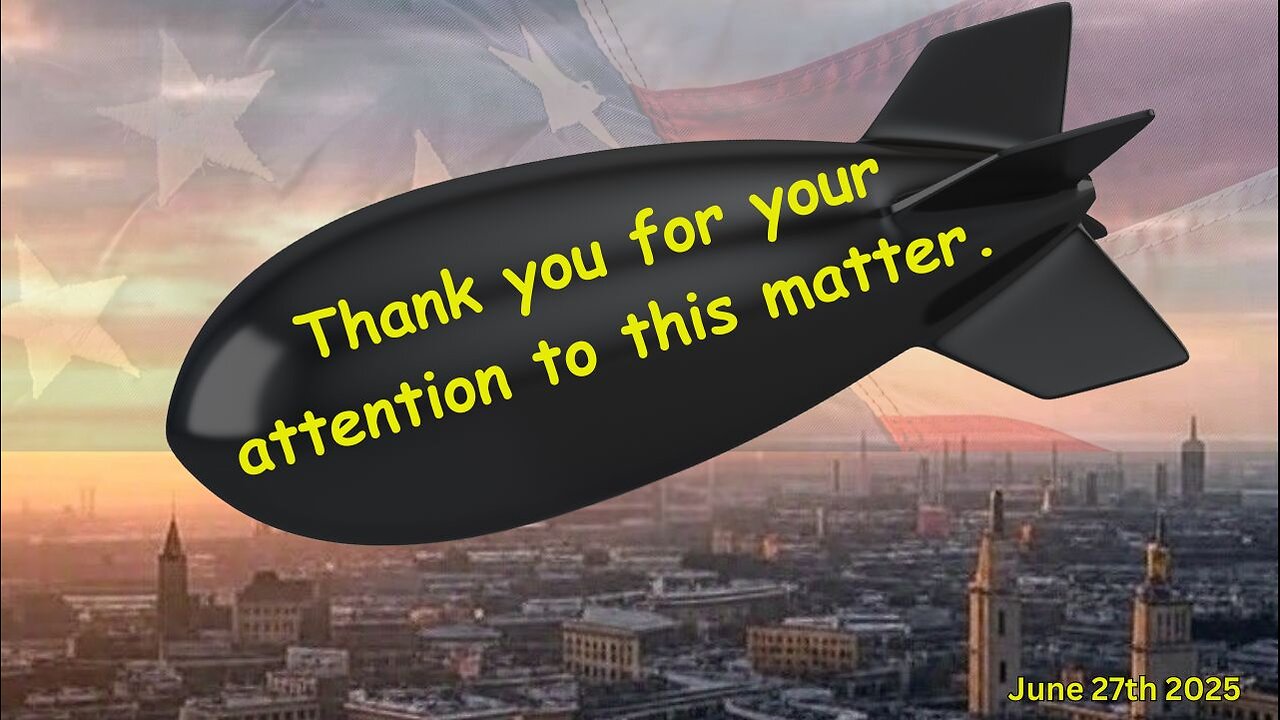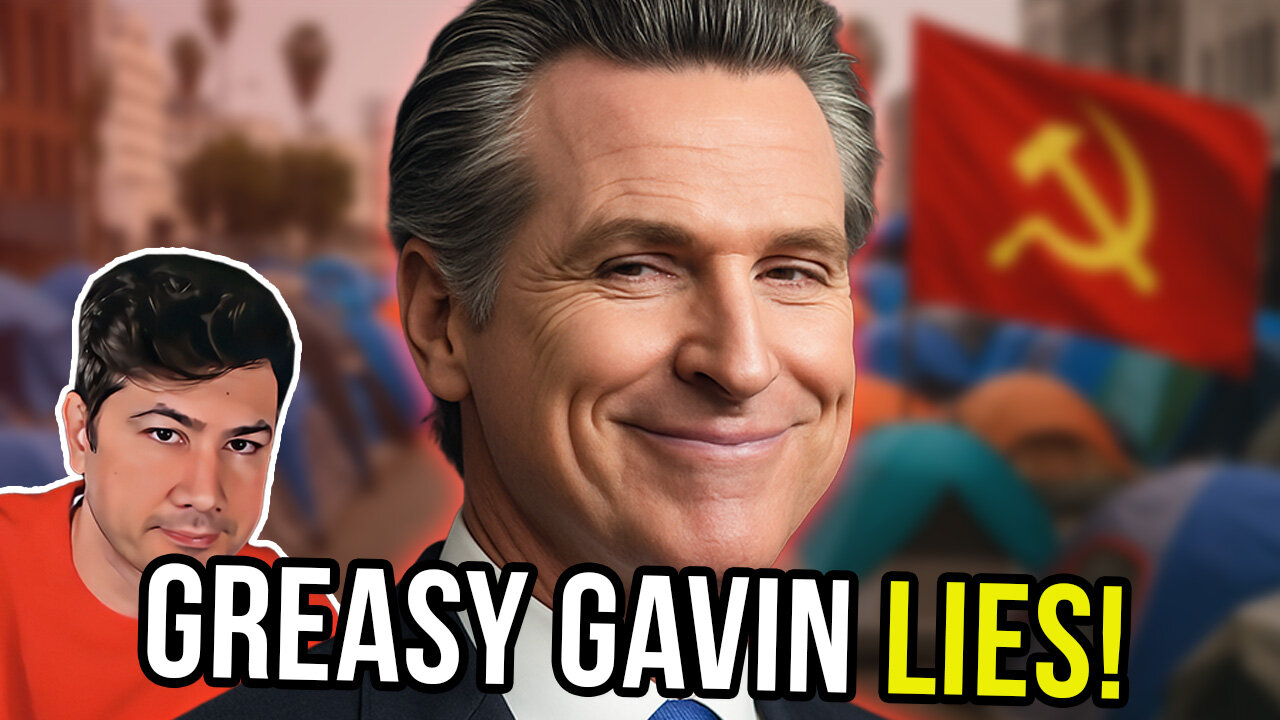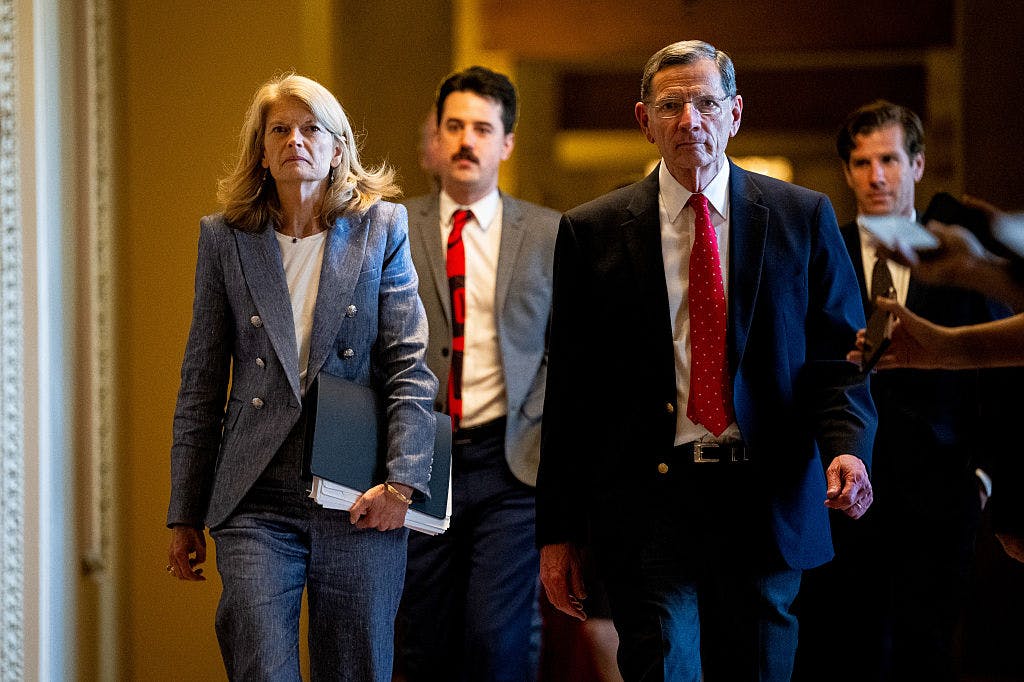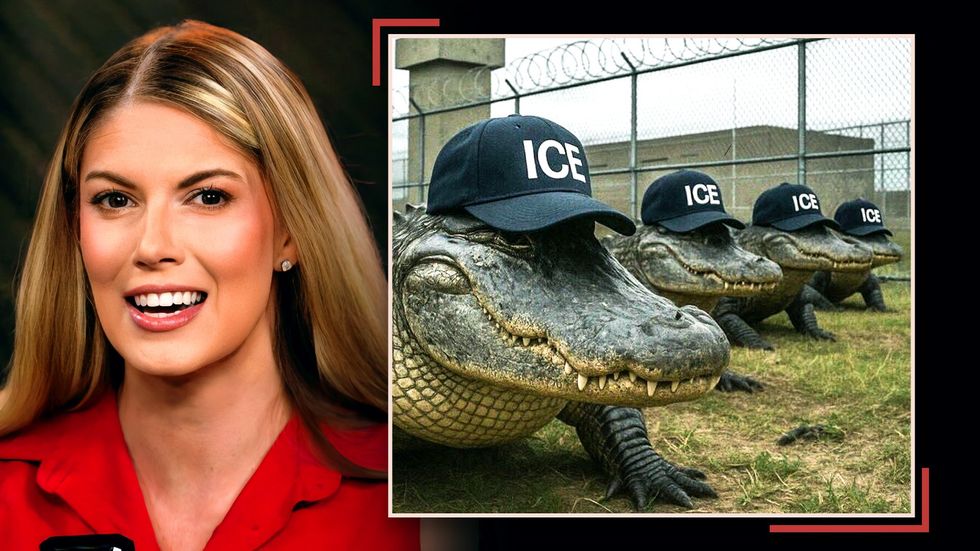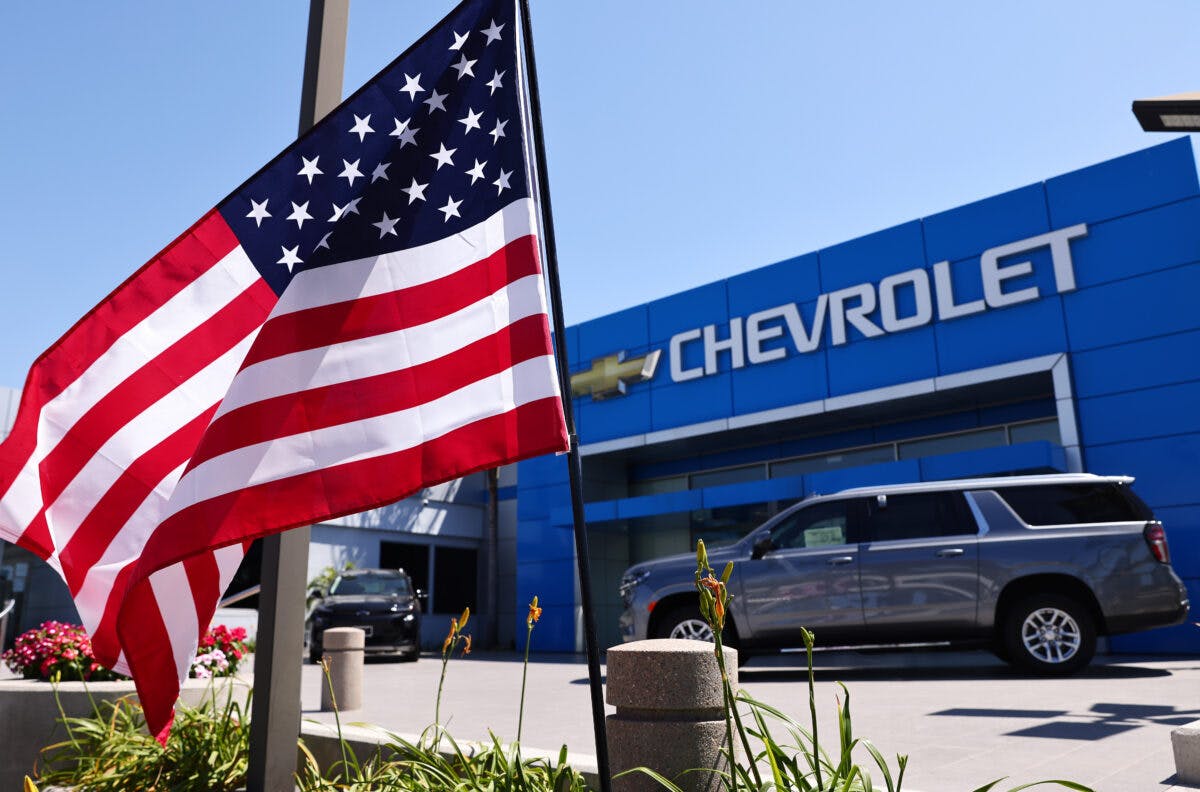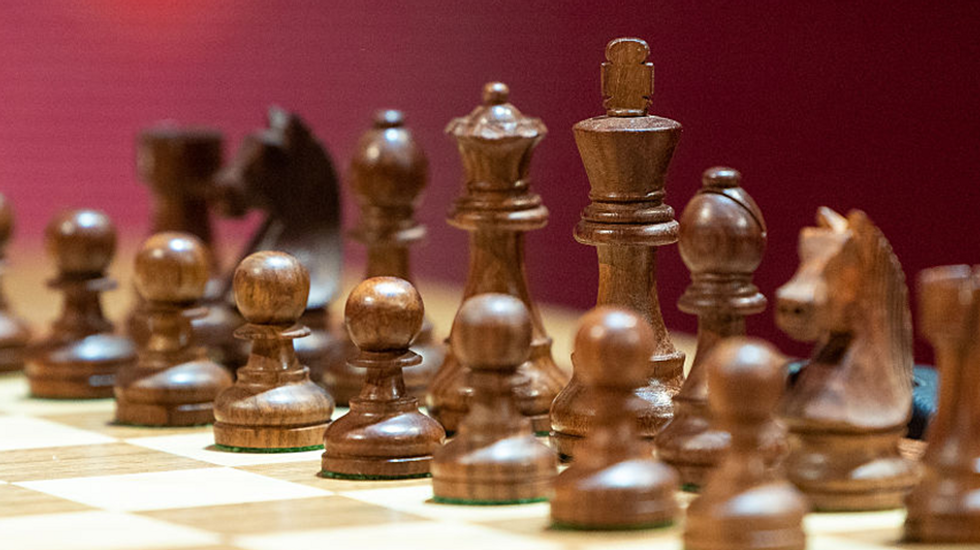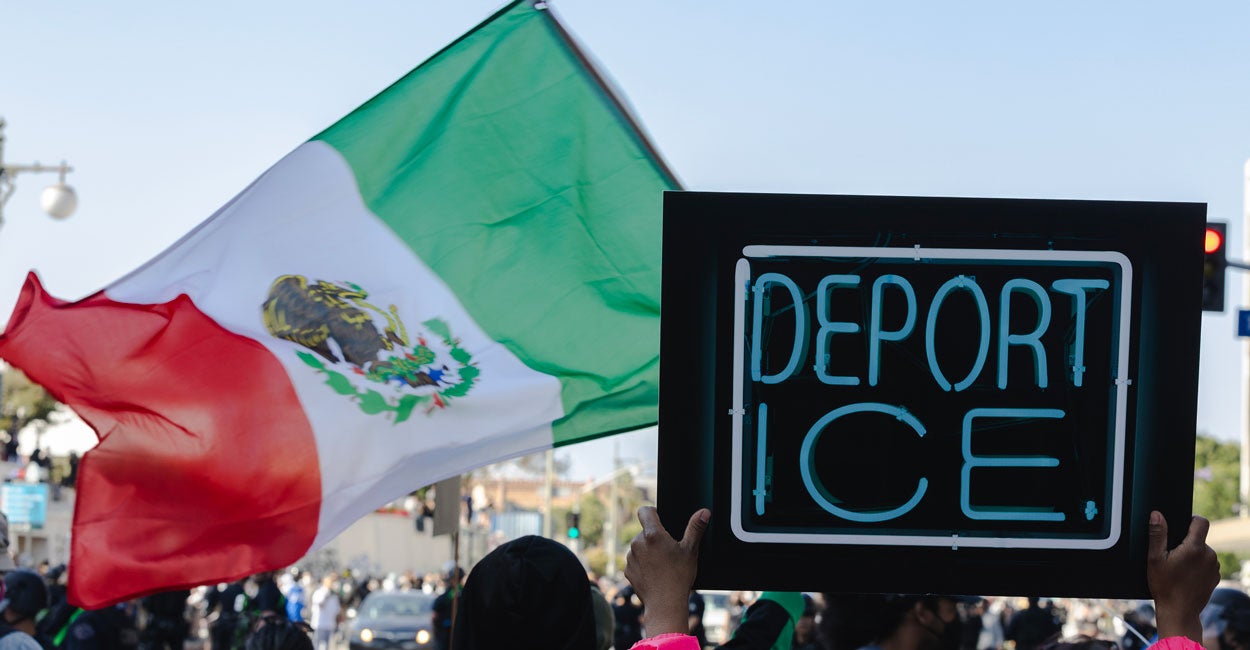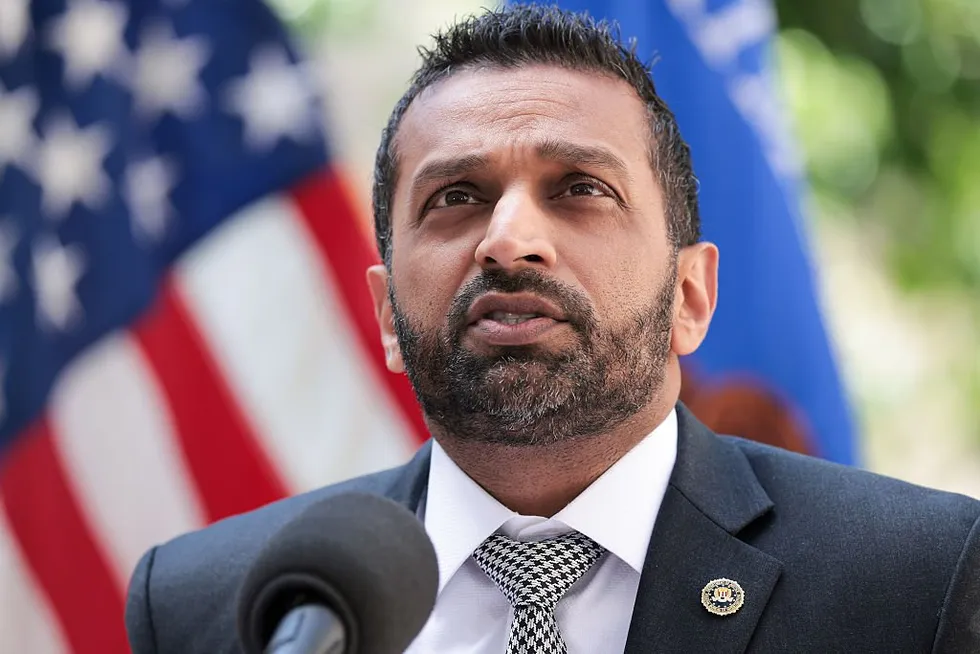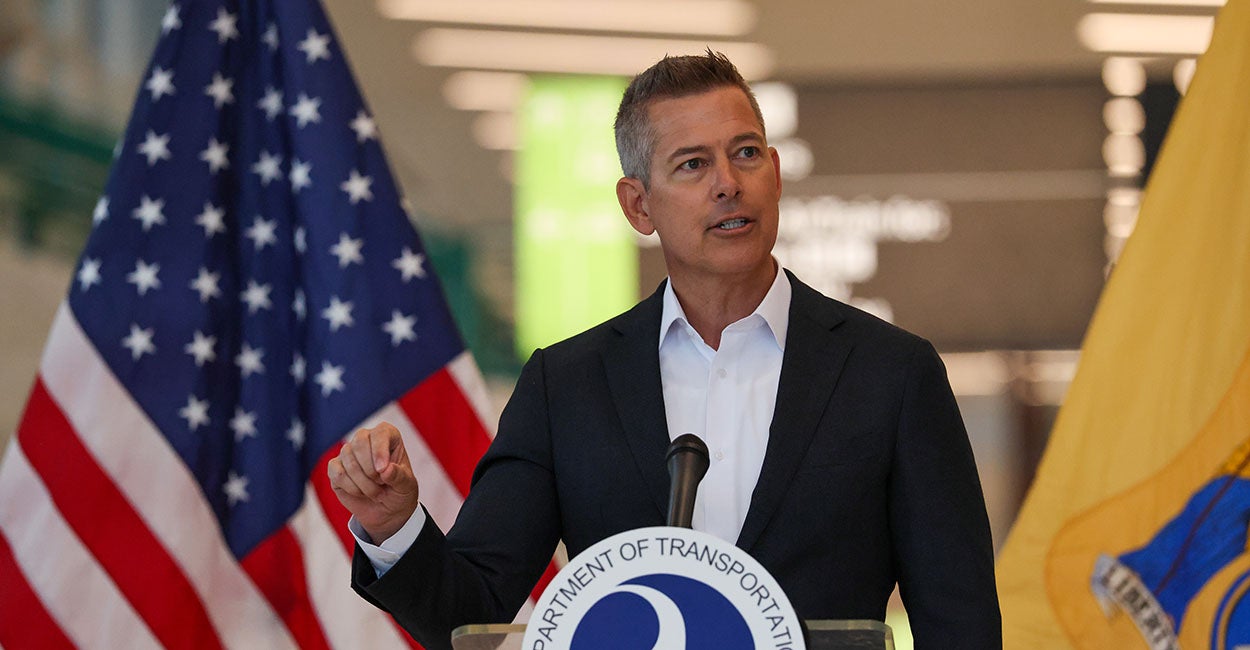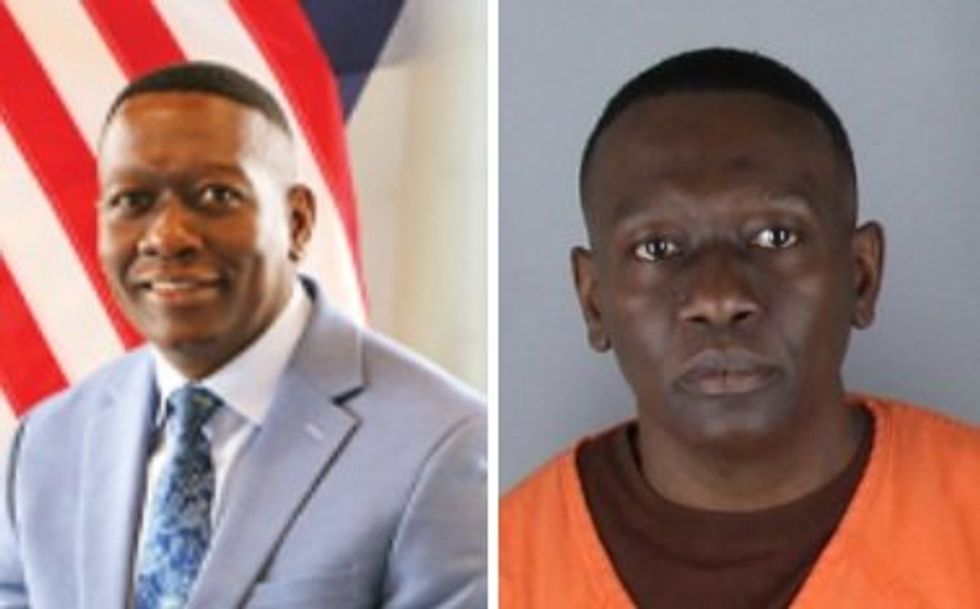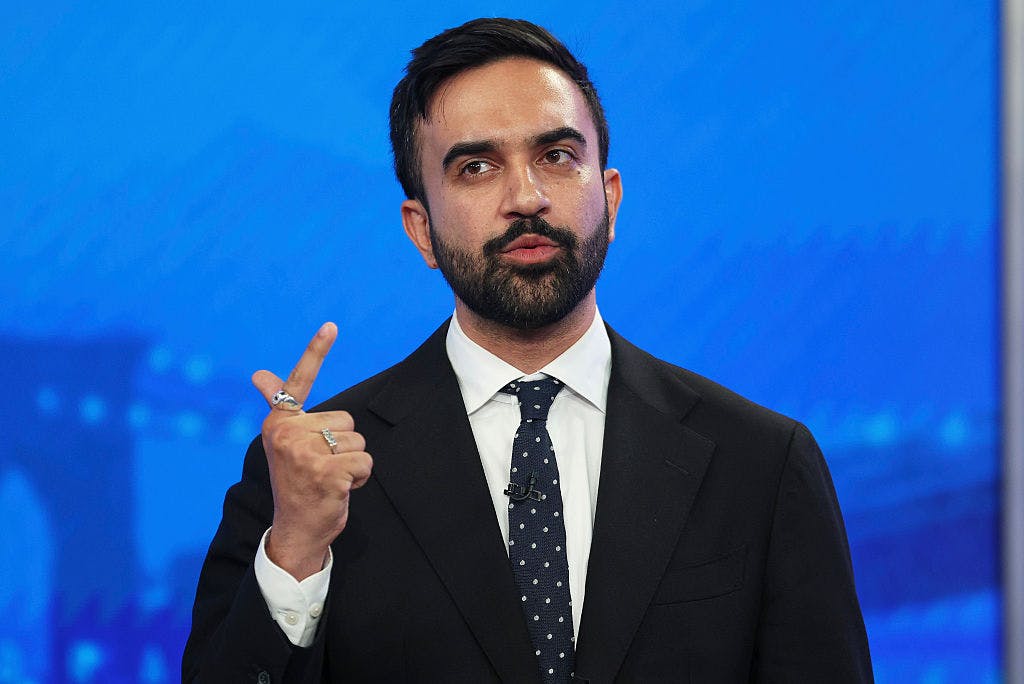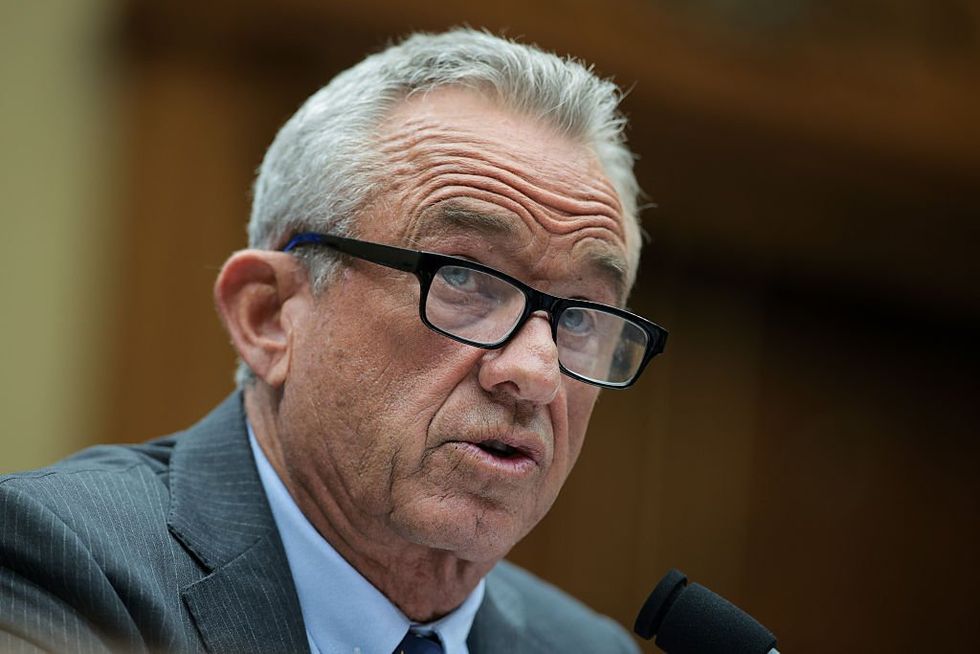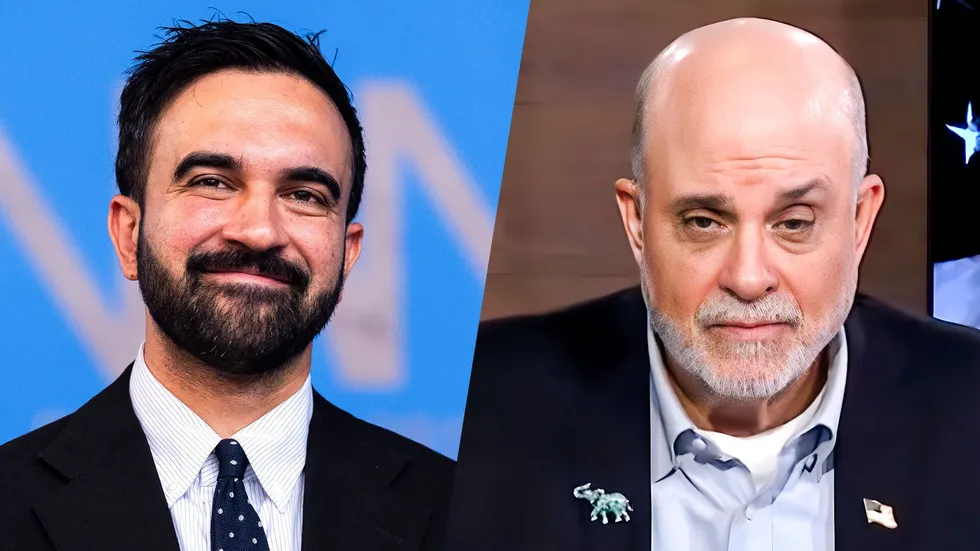Beyond counterfeit Christianity: Facing evil and finding God in a broken world


In October 2021, I moderated a lively debate on the college campus of the University of Texas at Austin. As I waited to return home at the departure gate of the Austin, Texas, airport, a passenger on our flight swaggered up wearing a shocking T-shirt that read: “Jesus is a c**t” (except there were no asterisks).
Wow. The profane message sparked an audible, hushed buzzing among my fellow passengers. Eventually a flight attendant called the man up and convinced him to turn the shirt inside out before letting him board the plane. I was grateful the guy didn’t erupt into launching fists, because he was clearly a troubled soul.
I strongly reject the message of that guy’s shirt, and I was grateful I wasn’t seated next to him.
Jesus is the way, the truth, and the life. But some Christians do behave in the most wretched fashion, and I wondered who, while invoking Christ’s name, might have hurt this man? After all, it was the most religious people who used their political pressure to get Jesus killed, and it was the apostle Judas, one of the first Christians, who lethally betrayed the son of God. Human nature doesn’t change. Why should we expect better from Christians today?
As former slave turned abolitionist Frederick Douglass put it: “Between the Christianity of this land, and the Christianity of Christ, I recognize the widest possible difference.” I myself would be blind not to acknowledge my own flawed nature; my sharp tongue and temper sometimes make me a terrible ambassador for Christ.
Indeed, there is a cavernous difference between human-run religion and divine relationship. Divine relationship with God is not religion. Mathematically expressed: lowercase religion ≠ uppercase Relationship.
Our society today, young people especially, is turning away from institutions. Trust across the board is crumbling, whether it's in government, schools, medicine, or religion. As someone deeply abused by very religious people and agnostic for almost 12 years, I thought that if God exists, he's probably an a**hole because he allowed this to happen to me, or he's just indifferent, or he's someone who is proactively hurting people, since people use his name to do horrific things.
But the truth is that evil deeds done in God’s name are like a knockoff Gucci purse with a big fake “G.” Clearly a false, flimsy imitation.
Pew Research found that far more Americans (55%) think religion is a force for good than bad (20%), while 24% said it doesn’t have much impact. Following the COVID-19 scourge that killed millions of people and devastated global economies, Pew also found in November 2021 that this hadn’t shaken Americans’ faith in God. Pew reported that 80% of Americans say most of the suffering in the world comes from people — not God. Just 14% of U.S. adults said that “sometimes I think the suffering in the world is an indication that there is no God.”
In my walk in darkness as a bitter agnostic, I was out of sync with most Americans. My suffering came mostly from other human beings: my father and other family members, myself, indifferent and sometimes harmful church leaders, toxic co-workers, and toxic dating partners. Rather than leaning into God for help, I walked away from the very source that would have helped me heal.
Unfortunately, I’m far from alone.
Young people in record numbers are turning away from God, the very life force that brings lasting hope. And it’s killing us. Women who attend religious services at least once a week are 68% less likely to die “deaths of despair,” including from suicide, drug overdose, and alcohol poisoning. Men are 33% less likely, according to 2020 research led by Harvard University’s School of Public Health. A January 2023 National Bureau of Economic Research working paper found that states with pronounced drops in religious attendance correlated with sharper increases in deaths of despair, and vice versa.
I learned through my conversion that God can handle all our anger, rage, sorrow, and fear. He is bigger than any questions we have about evil deeds done in His name. So it's good to ask questions; it's good to scrutinize the behavior of Christians and people of all religions.
As Ronald Reagan said, “We must be cautious in claiming God is on our side. I think the real question we must answer is, are we on His side?” That’s a question I’ll be asking my entire life.
I understand the need to shine a bright searchlight on America’s sins and not ignore or hide them and their generational effects. But sin is not the end of the story — redemption and the pursuit of "a more perfect union” are what give me hope for the future. We are a country that has broken generational curses, and while we can’t change human nature, we can, as Dr. Martin Luther King Jr. said, bend the arc of the universe toward justice.
God is not about controlling us; He gave us free will. In Matthew 23:37, Jesus says, “O Jerusalem, Jerusalem, thou that killest the prophets, and stonest them which are sent unto thee, how often would I have gathered thy children together, even as a hen gathereth her chickens under her wings, and ye would not!”
God wants us to have inner peace and gather us under His protection, but He will not force us. That’s a process we must willingly start on our own, though He will help us each day as we humbly ask for help.
This essay is adapted with permission from chapter 17 of “Motorhome Prophecies A Journey of Healing and Forgiveness,” published by Hachette Book Group.
Originally Published at Daily Wire, Daily Signal, or The Blaze
What's Your Reaction?
 Like
0
Like
0
 Dislike
0
Dislike
0
 Love
0
Love
0
 Funny
0
Funny
0
 Angry
0
Angry
0
 Sad
0
Sad
0
 Wow
0
Wow
0
